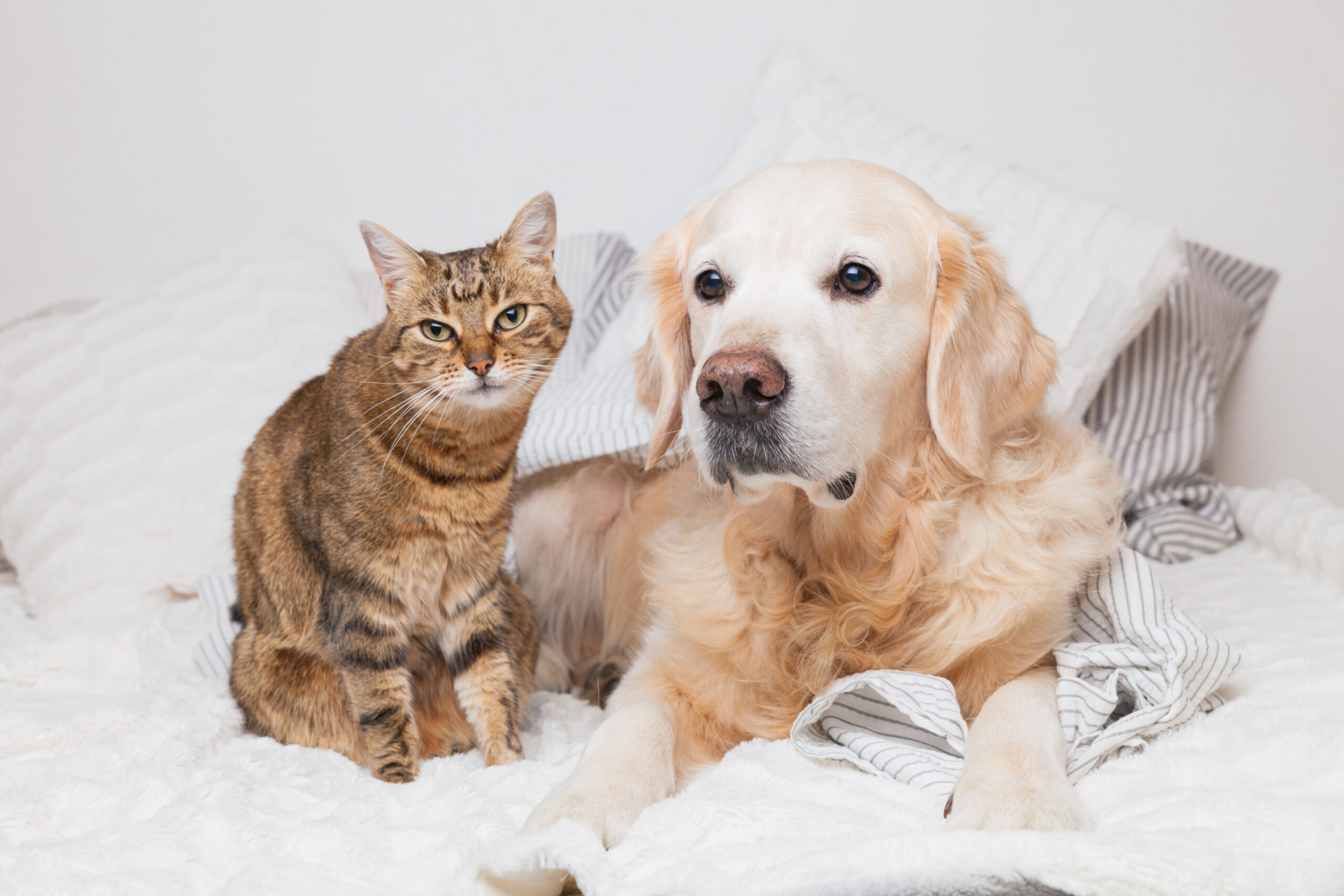Many people consider their pets irreplaceable members of their family. As a result, couples often wonder about the fate of their beloved companion animals in the event of a divorce. Traditionally, pets were considered personal property and subject to equitable distribution. However, the state of New York enforces pet custody laws that require the court to consider the pet’s best interest, similar to how they would consider a child’s best interests when determining child custody. If you are concerned that you won’t be awarded pet custody, you should consider creating a pet custody agreement that stipulates what will happen to your companion animal in the event of a divorce, similar to how you would specify terms of who gets what in a divorce in a prenuptial agreement. Keep reading to learn how to create a pet custody agreement and discover how a determined Rockland County Divorce & Separation Attorney can help you prioritize your pet’s best interests.
What are New York’s pet custody laws?
In the past, New York treated dogs, cats, and other companion animals as property. In a divorce, during property distribution, the property is divided between the divorcing couple fairly, but not necessarily in an even 50/50 split, as New York is an equitable distribution state. That said, pets are subject to equitable distribution as they are considered personal property. This means the pet will be awarded to one of the divorcing parties.
The answer to who the companion animal is awarded depends on several factors. However, the two primary factors are when the pet was acquired and the pet’s best interests. If the pet was acquired outside of the marriage, the pet will be considered separate property and remain with the party that purchased the animal. If the pet were acquired during the marriage, it would be considered marital property and subject to equitable distribution.
How to create it?
To keep pet custody out of court, you should create a pet custody agreement, as it is a legally binding contract stipulating what will happen to your companion animal in case of a divorce. Creating this type of plan is imperative if you want to stay in your pet’s life after a divorce if the companion animal was acquired outside of the marriage by your former spouse. If you do not create a pet custody agreement, you risk never being able to see your beloved pet again.
When creating a pet custody agreement, it is imperative to consider your pet’s best interests. You should consider whether your pet is better suited to living with you or your former spouse. It is critical to communicate with your former spouse about who will be responsible for the pet’s care and how the expenses can be divided. Ultimately, it would be best to consider whether joining custody is in the pet’s best interests, as companion animals typically don’t adjust well to shared custody.
If you are concerned about pet custody, contact a seasoned attorney from The Law Office of Peter L. Jameson, PLLC, who can help you create a pet custody agreement.


